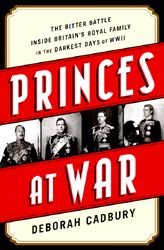Alexander carried the Greek tradition of elaborate, well-attended events with him as he moved relentlessly east. One of the most important ways the Greeks honored their gods was by holding various public festivals, and the Greek calendar is filled with religious and civic contests and games. Athens had the largest number of religious festivals in Greece, with nearly half the days of the year featuring a large or small festival.
Not everyone attended all the festivals. The contracts of hired laborers spelled out exactly which religious ceremonies they could attend. Married women had their own festival, a three-day celebration in honor of the goddess Demeter.
Some festivals honored gods not only with sacrifices and parades, but also with contests in music, dancing, poetry, and athletics. Valuable prizes were awarded to the winners. Funeral games honored a dead warrior by reenacting his military skills. The most famous contests were the Olympic Games, held in the city of Olympia every four years during the summer.
Athletes in Alexander’s time, all male, competed in the nude. Slaves, foreigners, and convicts were barred from entering the games as competitors and women were not allowed to watch the games at all. Winners were celebrated and received cash, free meals for the rest of their lives, exemption from taxes, and other benefits.
Alexander and his men held festivals and tournaments wherever the army stopped for a time. For large festivals, they would create a city of tents for the actors, poets, singers, and musicians they brought in from Greece. They set up banners on gilded poles, held gymnastic and literary competitions, and organized foot and chariot races.





 World History
World History









